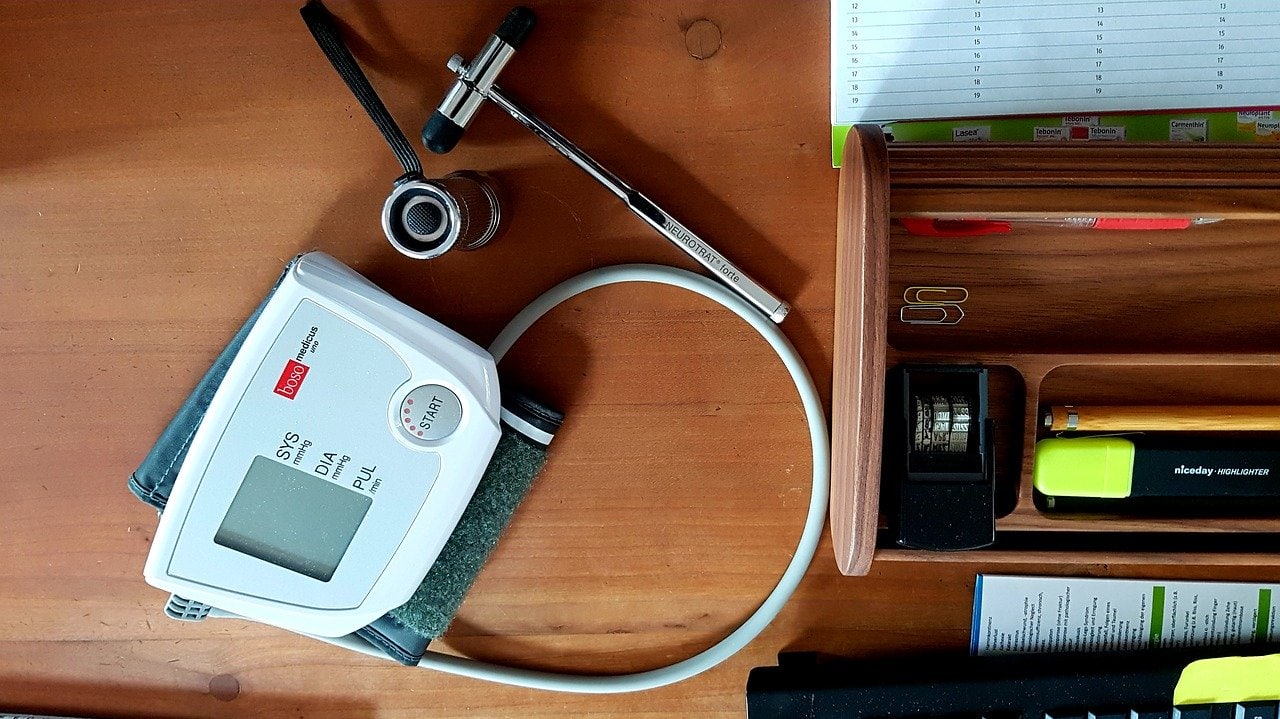Medication-Assisted Treatment, also known as MAT, is considered the golden standard in treatment for opioid addiction. The federal government has encouraged the use of MAT, including Suboxone, Sublocade, and Methadone, in people with opioid use disorder (OUD). Yet studies show that doctors who work in the Emergency Room are reluctant to supply people with OUD prescriptions for these drugs. However, research has shown people who overdose on opioids are more likely to remain sober if they are put on Sublocade immediately before going to treatment.
Research released by JAMA Network online shows that up to 80% of emergency room doctors don’t have the training or feel they don’t have the expertise to initiate medication-assisted treatment.
About the Study and Sublocade
The study mainly focused on Suboclade, also known as buprenorphine, as well as other brand names, and followed overdoses at the ER in several hospitals. The research came from Mt. Sinai Hospital in Manhattan (now a hub of the center of a coronavirus outbreak), Johns Hopkins Hospital in Baltimore, Harborview Medical Center in Seattle, and the University of Cincinnati Medical Center. These hospitals deal consistently with overdoses.
The study took place between April 2018 and January 2019 and was conducted by a team of addiction medicine physicians. These researchers met with ER doctors and others who encounter people with addiction. Most people with opioid use disorders arrive at the hospital in crises, often while experiencing an overdose. Addiction experts often point out that this is an excellent time to offer MAT treatment and help people begin their journey to recovery.
Willing But Not Ready
The medical professionals all took a web-based anonymous survey that asked questions about their prescribing habits and willingness to administer buprenorphine (Sublocade) for opioid use disorder. They also answered questions about their workplace culture and if they had training on using MAT. The vast majority of providers had no experience but indicated they would be willing to prescribe these types of drugs if they had more experience and training with it.
Doctors pointed to a lack of formal training, little time for training, and knowledge gaps about the treatment of opioid use disorder as barriers to prescribing MAT. Some also pointed out that they weren’t sure it’s appropriate to administer these types of drugs in an emergency setting.
With more guidance, including help with paperwork, many doctors said they would be willing to administer these drugs and refer patients to appropriate follow-up.



Leave A Comment
You must be logged in to post a comment.